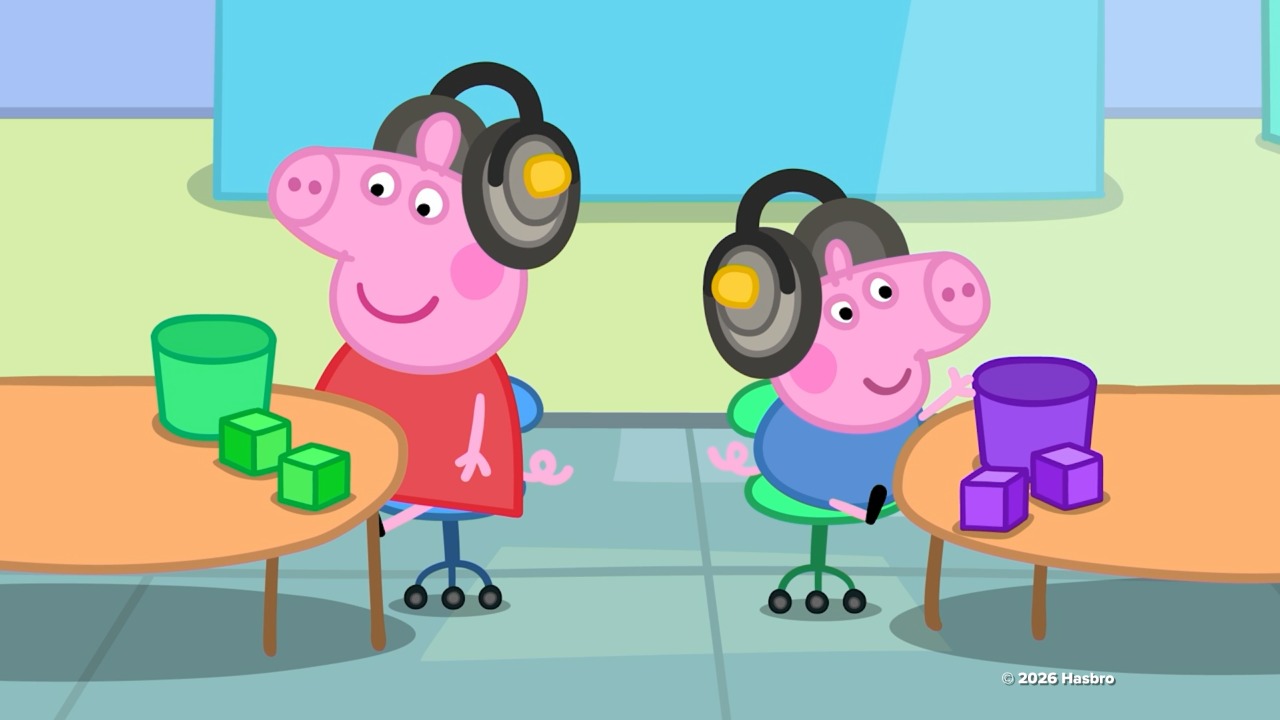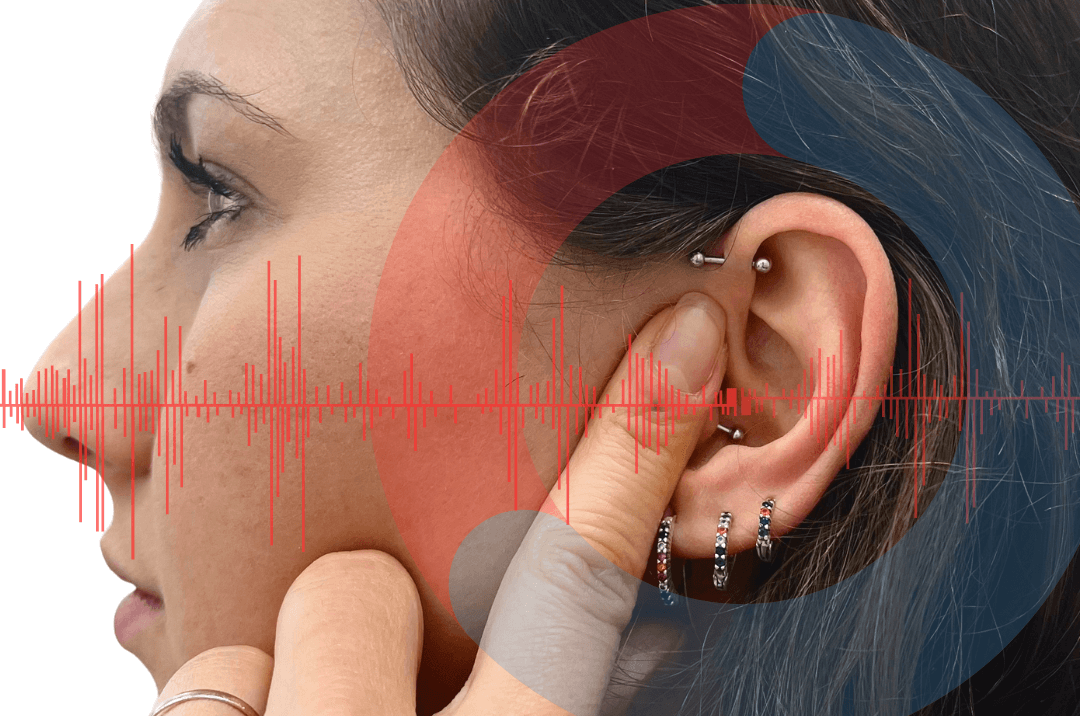
What Is Diplacusis?
Diplacusis is a rare hearing disorder in which a single sound is perceived differently by each ear. Instead of hearing
Without regular and consistent stimulation, the brain can gradually begin to lose its abilities. This is why it is so important to keep it thriving. In childhood, the brain is constantly stimulated as we experience new sounds and interactions. This helps the brain to grow and thrive. As an adult, we still need this regular stimulation to remain sharp and healthy. But how do we do this?
We all know that it is important to stay healthy by staying physically active. This is the case from childhood all the way through to later life. Even just having a 30 minute walk a few times a week will help to keep your body active and healthy.

Staying mentally active is easy while you are still working as there are often problems to solve and people to socialise with. However, once retirement calls, it’s vital that you work to keep your brain as healthy as possible. This can be done by simply completing crosswords or Sudoku’s regularly or even by playing chess. Playing sport can also be a great way to keep both your body and brain healthy. Often in sport, there is a decision-making element; for example, which shot should you play in badminton or golf.
Socialising is absolutely crucial for keeping the brain stimulated. There are even studies which show that staying socially active helps to retain cognitive function, even as we age. So, if you are in any doubt… go for that coffee, join that club or attend that dinner party!
As we age, some people’s hearing starts to decline. You may notice after a full day of socialising that you begin to feel physically or mentally tired. If this is the case, you may have a hearing loss. Living with an untreated hearing loss can make you exhausted. This is because your brain is constantly trying to fill in the gaps of things you have not quite heard.
To understand why you need a healthy brain to be able to hear well, here is a brief explanation of how we hear sound. Sound creates vibrations in the air and these vibrations are picked up by the eardrum. The eardrum then vibrates which causes the tiny bones inside the middle ear to vibrate. This transmits the vibrations through the middle ear to the inner ear which in turn causes the fluid inside the inner ear to move. When this fluid moves, it stimulates the nerve cells inside this part of the ear. The nerve cells then send impulses to the brain along the hearing nerve. The brain interprets these impulses and we finally hear the sound. When there is a hearing loss there, hearing aids are needed so that we hear the sound and the brain can interpret it correctly.

Perhaps a statistic that will shock you is that approximately four-fifths of people with hearing loss do not wear hearing aids in the UK. There are many factors which contribute to this statistic such as accessibility, cost, stigma, denial and a lack of awareness. A recent study has shown more clearly than ever that an early intervention for hearing loss is pivotal in protecting the individual against the risk of developing dementia. Hearing loss may begin in a person’s 40’s but remain untreated for the next 20-25 years. This could result in a gradual cognitive decline, most likely unnoticeable for a very long time, before a dementia diagnosis is given.
We hope we have shown how important it is to keep your brain stimulated and how being able to hear well plays a big role in that. If you are ready to book yourself in for a hearing test, please get in touch.

Diplacusis is a rare hearing disorder in which a single sound is perceived differently by each ear. Instead of hearing

Whether you have children in your life or not, we’re willing to bet you’ve heard of Peppa Pig and her

Tinnitus is the perception of sound when there is no external source. It is commonly described as a ringing in